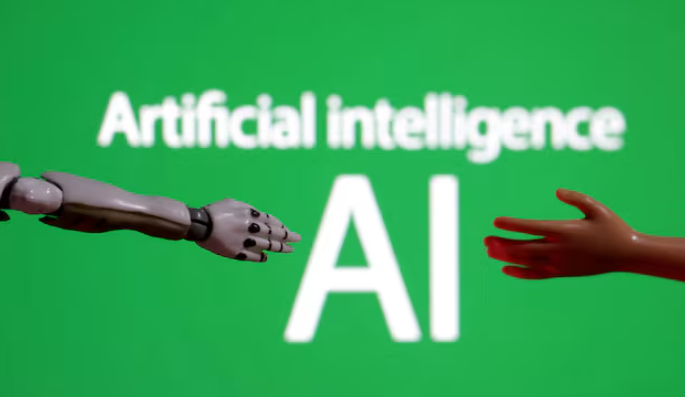The upcoming year promises pivotal developments in copyright lawsuits that may reshape the business landscape of artificial intelligence (AI). Authors, news outlets, visual artists, musicians, and other copyright owners have filed lawsuits against major tech companies like OpenAI, Anthropic, and Meta Platforms, accusing them of using copyrighted materials without permission or payment to train AI systems.
The Core Debate: Fair Use or Copyright Violation?
Courts are expected to begin hearing arguments on whether these tech companies’ actions qualify as “fair use.” This legal concept could determine the future of AI copyright disputes.
Tech companies argue that their AI systems utilize copyrighted content to learn and create transformative works, which falls under fair use. Copyright owners, however, contend that the companies are unlawfully copying their work to produce competing content that jeopardizes their livelihoods.
The stakes are high. OpenAI, Meta, and others warn that requiring payment to copyright holders could stifle innovation and harm the U.S. AI industry. On the other hand, some copyright owners, such as Reddit, News Corp, and the Financial Times, have already begun voluntarily licensing their content to tech companies.
Despite this, several major players, including record labels, the New York Times, and best-selling authors, have opted to pursue legal action, with some filing new lawsuits in 2024.
Early Cases Offer Potential Precedents
The legal landscape is complex, with multiple courts and judges addressing similar issues. Early cases could set the tone for broader decisions:
- Thomson Reuters vs. Ross Intelligence
Thomson Reuters accused Ross Intelligence of misusing copyrighted material from its Westlaw platform to create an AI-powered legal search engine. Ross argued fair use, but U.S. Circuit Judge Stephanos Bibas initially deferred the question to a jury trial. In November, Judge Bibas heard new arguments, signaling a potential ruling in the coming year. - Music Publishers vs. Anthropic
Music publishers accused Anthropic of using copyrighted song lyrics to train its chatbot, Claude. U.S. District Judge Jacqueline Corley is currently reviewing the fair use argument as part of a request for a preliminary injunction. - News Outlets vs. OpenAI
In a separate case, U.S. District Judge Colleen McMahon dismissed claims by Raw Story and AlterNet against OpenAI, finding no evidence of harm. This case, which focused on copyright management information rather than direct infringement, highlights another avenue by which lawsuits might fail without addressing fair use.
Possible Outcomes and Broader Implications
If courts agree with tech companies on the fair use doctrine, AI companies could escape copyright liability entirely. However, conflicting rulings across jurisdictions may lead to prolonged legal battles, with appeals likely in many cases.
These lawsuits underscore the tension between protecting creators’ rights and fostering technological innovation. As legal challenges unfold, the outcomes could redefine how AI companies source and use content, potentially shaping the industry’s future.

